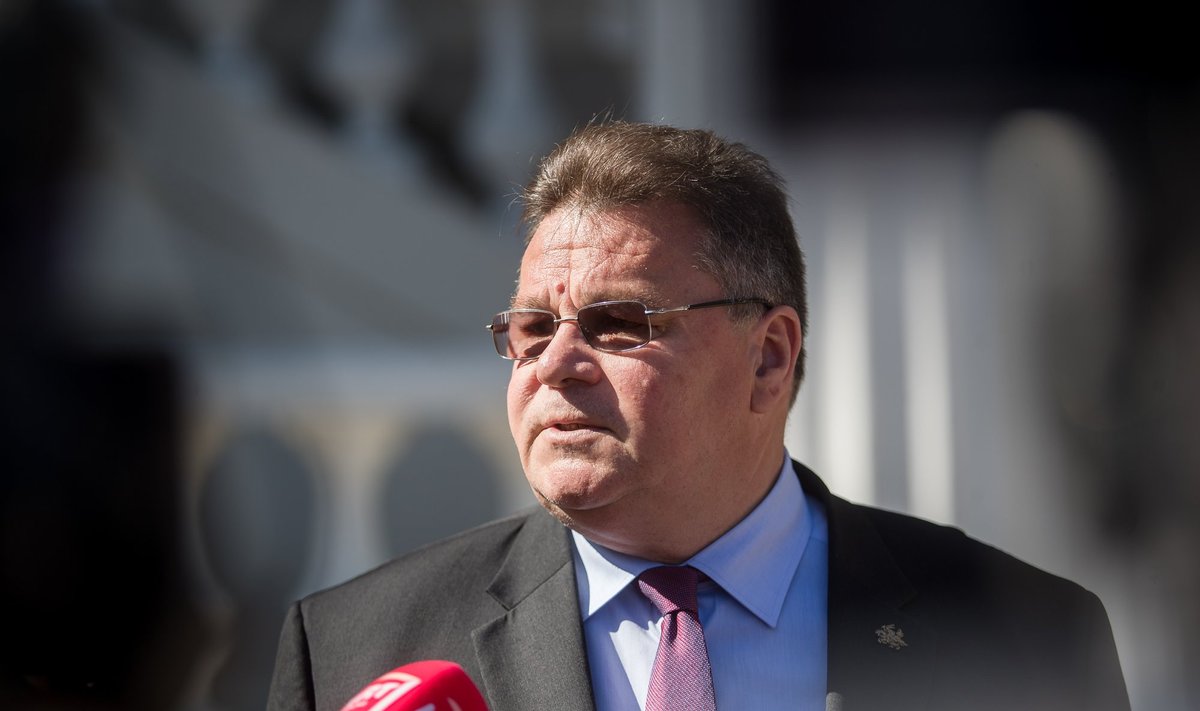Commenting on the recent decision to remove a controversial memorial plaque to Jonas Noreika, a Lithuanian military officer known as Generolas Vetra (General Storm), in central Vilnius, Linkevicius reminded of the conclusion by the International Commission for the Evaluation of the Crimes of the Nazi and Soviet Occupation Regimes in Lithuania on Noreika.
"We need to have an honest conversation and speak the language of arguments, not emotions, about that period, and the word of historians and experts should be key," Linkevicius said in an interview with the Ziniu Radijas news radio.
"There were very authoritative opinions, and the International Commission for the Evaluation of the Crimes of the Nazi and Soviet Occupation Regimes in Lithuania stated very clearly that in Noreika's case, there are undeniable facts about his involvement in the formation of ghettos and seizure of Jewish assets, and they also underlined that nobody denies his merits to Lithuania and independence but these history pages and specific biographic facts of this person do not allow honoring him in public and making him a hero," the minister said.
The controversial memorial plaque to Noreika was removed on Saturday morning.
Vilnius Mayor Remigijus Simasius said it was done after taking into account the fact that Noreika approved the Nazi administration's decisions to establish a Jewish ghetto and seize their property.
Also last week, Vilnius City Council decided to rename a small street in central Vilnius named after Kazys Skirpa, a controversial 20th century Lithuanian diplomat and military officer, due to his declared anti-Semitic views.
Both decisions received support and backlash.
Responding to these decisions, Lithuanian President Gitanas Nauseda has called for "a moratorium on erasing historic memory".
